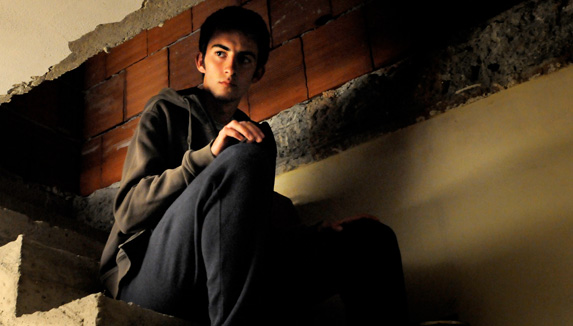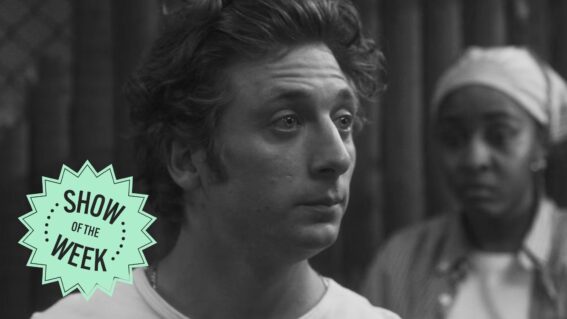Q&A With Joshua Marston – ‘The Forgiveness of Blood’
The Forgiveness of Blood is a drama centered around the Albanian concept of ‘blood feud’ and the lengths a family must go to to avoid repaying a blood debt that has been placed on their son. It was the winner of Best Screenplay at the Berlin Film Festival 2011 and it will be screening at […]

The Forgiveness of Blood is a drama centered around the Albanian concept of ‘blood feud’ and the lengths a family must go to to avoid repaying a blood debt that has been placed on their son. It was the winner of Best Screenplay at the Berlin Film Festival 2011 and it will be screening at the New Zealand International Film Festival 2011. We asked American director Joshua Marston (Maria Full of Grace, NZFF04) a few questions…
——————–
FLICKS: Hello from Flicks. How are you and what are you up to today?
MARSTON: Well, actually I’m a bit jet-lagged. I just got off a very long flight from New York – here for the Sydney Film Festival. It’s my first time down under. I’m pretty excited to get to see some things here. And of course, looking forward to the screening of my film.
FLICKS: What should people expect from The Forgiveness of Blood?
It’s a film that’s set in Albania. Most people have no idea what Albania looks like or what life there is like, so often they don’t know what to expect. Really, it’s a dramatic, tense film about two teenagers – a brother and sister – whose family get drawn into a blood feud when their father is accused of killing a man in a land dispute. Their lives are turned upside down. All the boy wants to do is see the girl he’s got a crush on, but he can’t leave the house because there’s a target on his back. And his sister has to drop out of school and take over the father’s business because all the men in the family are forced to stay indoors. It’s fairly intense coming-of-age picture.
FLICKS: What’s your favourite line of dialogue from the film and why?
It’s a line where one character suddenly refers to the family as “owing blood.” It’s a very Albanian notion, owing blood. In Albania people are frequently using phrases like being in blood, which means that you owe a life, a debt must be paid.
FLICKS: Thinking back on the shoot, what is your fondest memory from the set?
We had to burn a structure down. (I won’t say what structure. Don’t want to ruin anything). We were out in a place where there weren’t any specialists or even any fire trucks. Pretty much if things went wrong the whole set was going up in smoke. We had one take to get it on film. The thing burned fast. When you see the actors reacting to it on screen that was a very genuine response. It was very intense. Best of all, we didn’t destroy the entire place in the process.
FLICKS: What was the last great film you saw?
I just watched In a Better World, the Danish film that took the Oscar. It’s beautifully told. The story is evocative; the cinematography is stunning. It’s gorgeous filmmaking.
FLICKS: If you could work with any filmmaker or actor/actress living or dead, who would it be?
The list is long. Very, very long.
FLICKS: What’s the best piece of advice you’ve ever been given?
“Trust your instinct. There is no wrong answer”. Of course, this doesn’t always hold true (like on math tests). But when it comes to figuring out how to film a scene and the clock is ticking it’s important to stay connected with how you emotionally relate to the material and what the actors are doing in front of you, as opposed to trying to figure out some “correct” way of going about things.
NZIFF 2011: TRAILER SPECIAL | FULL LINE-UP | OFFICIAL SITE























